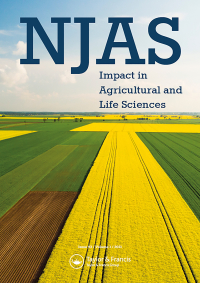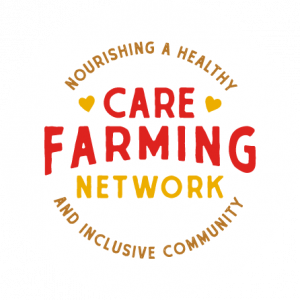
This research paper (published in 2019) is a great resource for understanding the benefits of care farming for individuals with autism.
Abstract: “In recent years, an increasing number of social farming initiatives have involved adults with autism spectrum disorders, both to improve their life conditions and promote their work inclusion. Several studies have assessed these experiences, showing that the participants derive important benefits from being part of a social community, working in the countryside, and establishing a good relationship with the farmer.
This paper aims to assess the ability of 9 adults with autism spectrum disorders – who attend an adult day care centre in the Umbria region of Italy – to carry out agricultural and animal husbandry activities. Results from panel data analysis show that the activity of olive grove, indoor cleaning, and tidying at the agritourism farms has a considerable positive effect on the performances of the adults with autism spectrum disorders.
Moreover, the adults studied prefer the activities in a greenhouse over those occurring inside (e.g., agritourism farm or the warehouse) and outside (e.g., vegetable, olive, and grape production). Further, the higher the precision level required to perform an action, the lower is their observed performance.
Generally, the tasks that receive the highest evaluations are those in which the autistic person can relate with other people and/or animals. These findings confirm the role of social farming in developing working and relational skills in adults with autism spectrum disorders.”
